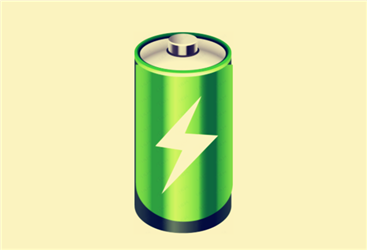
Blog Categories :
How to select& use& recycle batteries?
How to use batteries?
- Choose battery products of reliable brand.
- According to the requirements of electrical appliances, select the applicable battery type and size.
- Pay attention to check the battery's production date and shelf life.
- Battery logo, battery trademark should indicate the name of the manufacturer, battery polarity, battery model, etc.
- In order to protect the environment, batteries with no mercury, 0% mercury, and no added mercury should be used.

Precautions for battery use
- The electrical and battery contacts should be clean, wipe clean with a damp cloth if necessary, and install them correctly according to the polarity mark after they are dry.
- Do not mix old and new batteries. Do not mix batteries of the same type but of different electrochemical types or brands.
- Disposable batteries cannot be heated or charged during regeneration, otherwise they may explode.
- Do not disassemble the battery, do not heat the battery, do not short-circuit the battery (the positive and negative poles of the battery are directly connected by wires)
- The battery should be removed in time when the appliance is not used for a long time, and the power should be turned off after use.
- Do not throw away used batteries randomly, and separate them from other garbage as much as possible.
The hazards and recycling of waste batteries
- The hazards of waste batteries In waste batteries, metal mercury can be dissolved in fat, causing animal central nervous system diseases, causing teratogenic, mutagenic, carcinogenic and even death; cadmium softens bones, deforms bones, and forms natural fractures in severe cases, leading to death ; Zinc salts precipitate protein and have a stimulating effect on the skin and mucous membranes; lead mainly causes anemia, neurological dysfunction and kidney damage, and inhibits hemoglobin synthesis; nickel dissolves in the blood, damages the central nervous system, and causes vascular variation; manganese will Causes neurological dysfunction, comprehensive dysfunction, and more severe mental symptoms.
- Recycling of waste batteries 95% of the materials in waste batteries can be recycled, especially heavy metals. Waste lead storage batteries can recycle 50-60kg of lead. For the regeneration treatment of cadmium-containing waste batteries, there are relatively mature technologies abroad. The processing of 100kg cadmium-containing waste batteries can recover about 20kg of metallic cadmium, which shows that it has great practical significance for the recovery of heavy metal resources. However, domestic disputes over the recycling of waste batteries continue. At present, only lead-acid batteries (car batteries, batteries) have a waste battery recycling system built by the manufacturer, and other types of batteries do not.

Conclusion:
Nowadays, battery technology is also pursuing new breakthroughs. Electric vehicle manufacturers are looking for cheaper, lighter, more powerful and longer-lasting batteries. Electronic equipment manufacturers are also looking for more reliable, longer-lasting, and faster-charging batteries. Manufacturers of wearable and medical implantable devices are more inclined to smaller and longer battery life. And renewable energy companies are also looking for battery technology that can stably charge and discharge thousands of times. It is believed that the future battery technology can help human civilization reach a new height.



Leave a comment